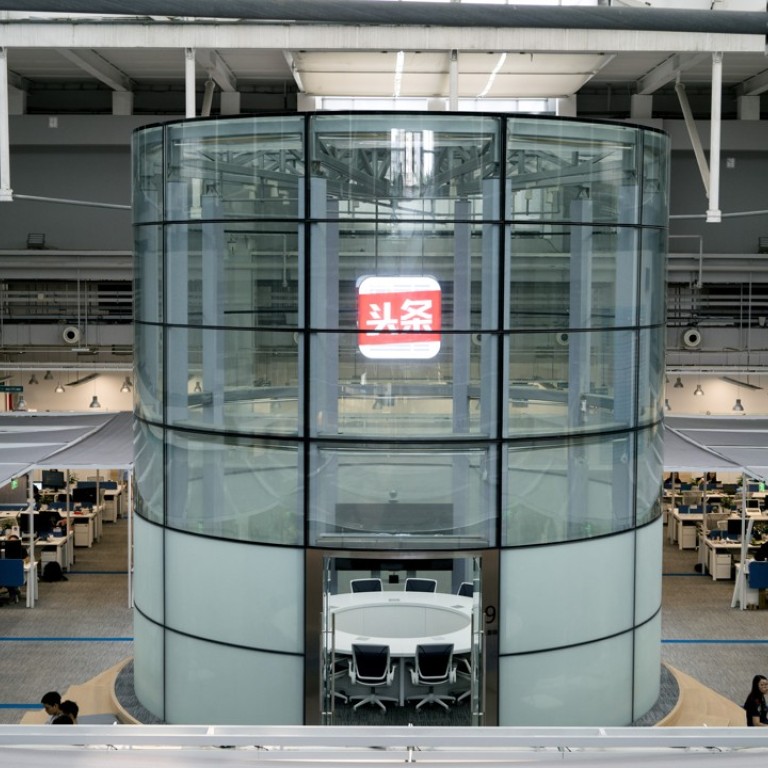
Fighting fake news the Chinese way: A peek inside China’s biggest news aggregator
Facebook, Google and Twitter have all come under scrutiny over the degree of responsibility they should bear for misinformation spread by others through their social networks
While Facebook is attempting to stamp out fake news by contracting third-party fact-checkers to call out false information, researchers at ByteDance Technology – operator of the popular mobile app Jinri Toutiao, China’s biggest news aggregator – have drawn inspiration from the age-old Chinese medicinal practise of “fighting poison with poison”.
Beijing-based Toutiao, with 120 million daily active users, is working on artificial intelligence (AI) algorithms to detect fake news and create a bot that is an expert in generating misinformation, said Ma Weiying, head of AI Lab at ByteDance.
Without the fake news writer, researchers may not be able to garner the steady diet of misinformation to feed and “train” the fact-checking algorithms, according to Ma.
He said the idea of using a bot to fight another bot helps improve the AI algorithms used by Toutiao. The approach was similar to how Alphabet’s DeepMind AlphaGo program mastered Go, the ancient Chinese strategy board game, and beat a professional Go player.
London-based DeepMind, a subsidiary of Google owner Alphabet, revealed earlier this year that AlphaGo Zero, the latest evolution of its Go-playing computer program, learned to play in a very short time by playing games against itself.
The previous AlphaGo program had trained with thousands of human amateur and professional Go players.
Work on the fake news detector and its robot nemesis is in its very early stages, and there is no guarantee it will reach commercial viability, said Ma.
But its efforts have shined a light into how China’s biggest social media and news providers are combating their own flood of rumours and misinformation.
While AI can crunch massive amounts of data to spot patterns that humans cannot, its increased use has raised concerns that robots could displace their human minders and servant becomes master.
A recent McKinsey study estimated that up to 800 million existing jobs will be automated by 2030.
Toutiao is also developing an AI commentator that will be able to add subtitles to foreign-language broadcasts and give running commentary on soccer matches.
These bot commentators may be able to spew statistics at will, but delivering the relevant information with passion will be hard – or perhaps that can be programmed, too.

